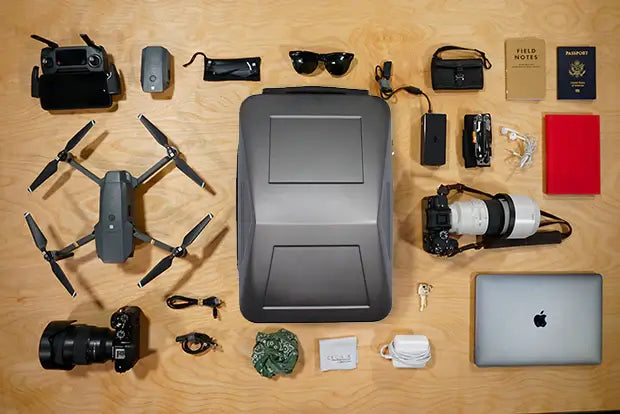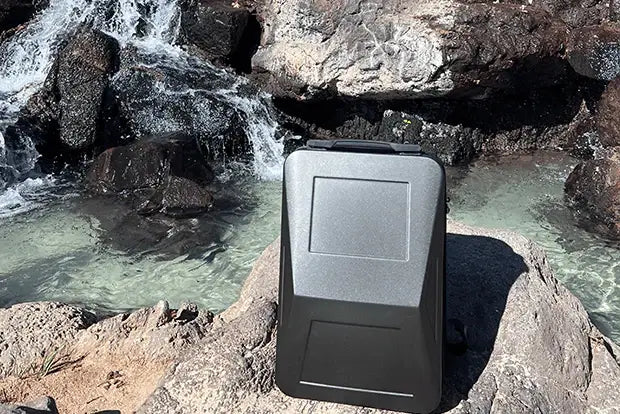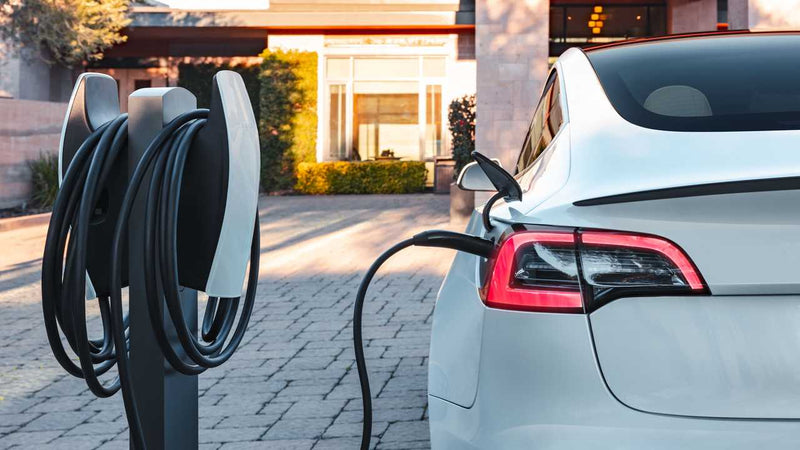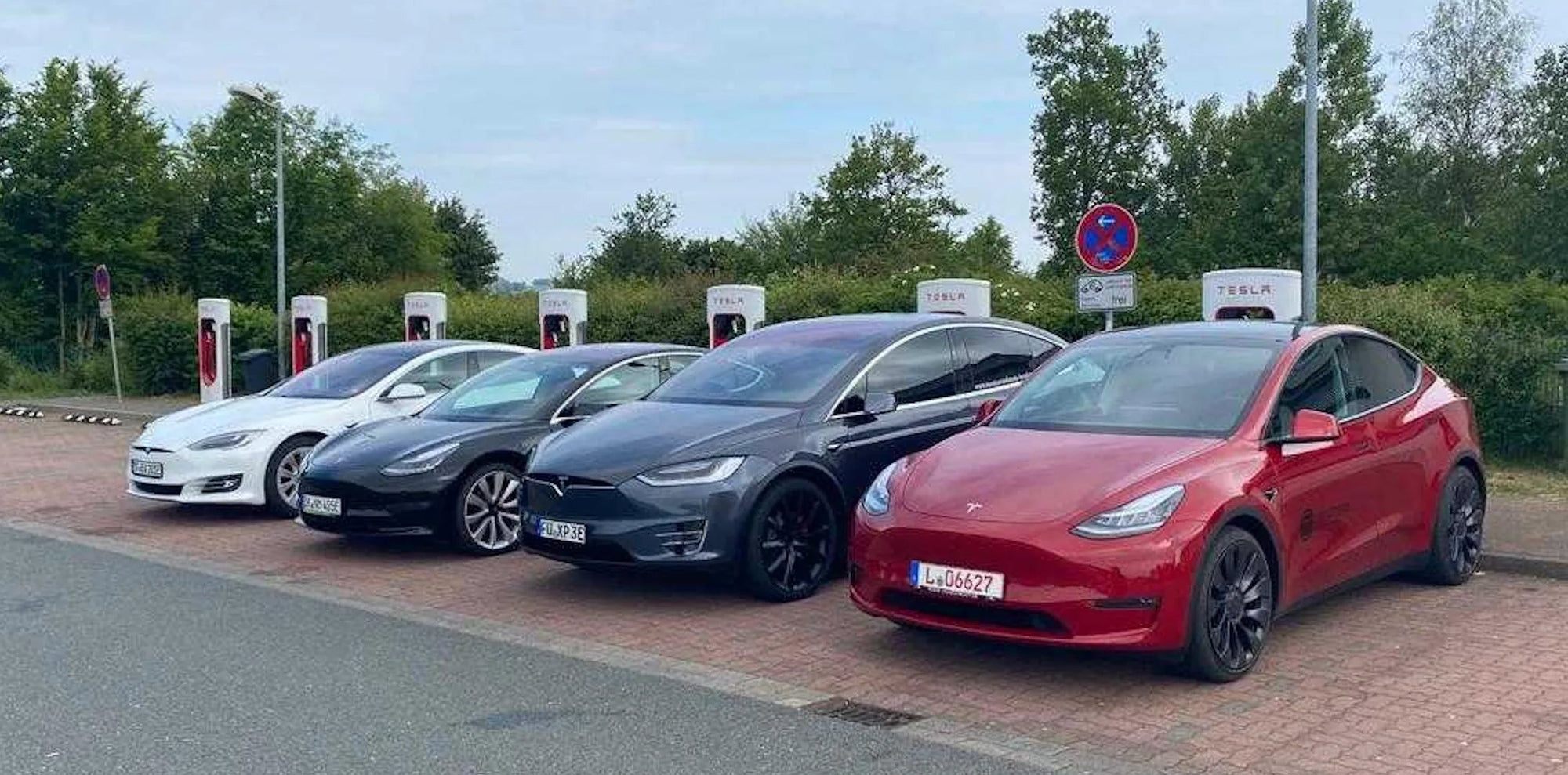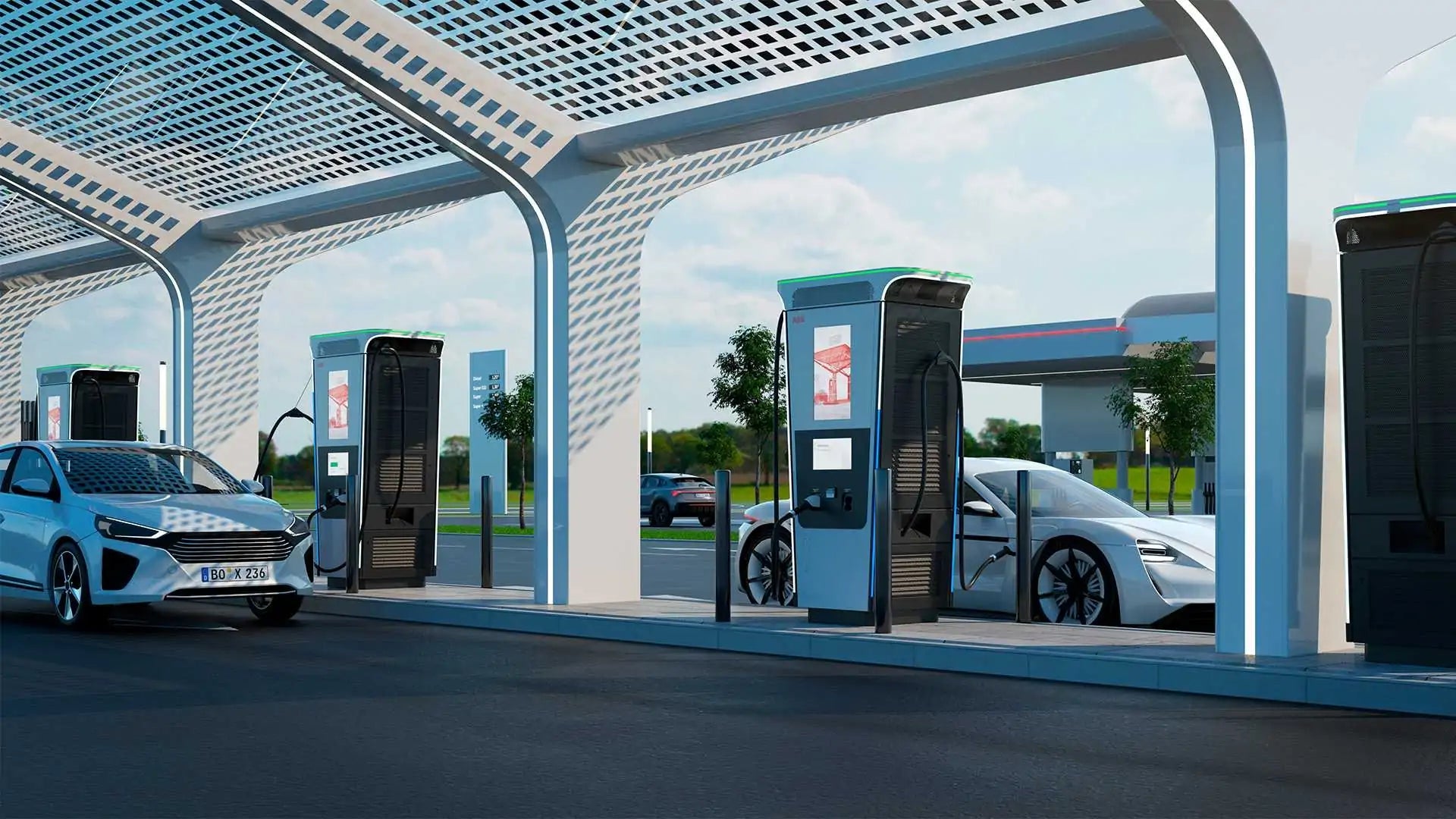According to new AAA research, the transition to EVs (electric cars) may occur faster than the industry anticipated. More Americans are contemplating purchasing an electric vehicle the next time they need a new automobile. That's fantastic news for electric vehicle-only automakers like Tesla and Rivian Automotive. It's also excellent news for established automakers like General Motors and Ford Motor Company. Traditional automakers are now spending billions of dollars to catch Tesla and other EV startups.
According to AAA's most recent consumer study, one-quarter of Americans said they would buy an EV as their next automobile. That means 25% of Americans are "likely to buy an electric car (powered solely by electricity, not a hybrid) for their next auto purchase. According to the poll, millennials lead the way among generations, with 30% preferring an EV next, and the main element driving that decision is to save money on gasoline prices, with 77% indicating that as the primary reason.
"The increase in petrol costs over the previous six months has encouraged customers, particularly younger generations, to explore going electric," said Greg Brannon, AAA's director of Automotive Engineering and Industry Relations, in a statement.
While EV enthusiasts may be pleased with the results, a lot of poll respondents stated they were hesitant to buy an EV, citing a variety of reasons. Among the explanations given were the following:
- 60% higher buying price
- 60% are concerned about a lack of charging stations.
- 58% are concerned about running out of battery while driving.
- 55% are unsuitable for long-distance travel.
- 55% Battery repair or replacement is expensive.
In contrast, the number one reason respondents gave as the factor behind their decision to consider an EV purchase is to save money on gas. "The increase in petrol costs over the previous six months has encouraged customers, particularly younger generations, to explore going electric," said Greg Brannon, AAA's director of automotive engineering and industry relations, in a news release. "They are looking for methods to save money, and automakers are continuing to combine attractive aesthetics and cutting-edge technologies into electric vehicles that appeal to this demographic."
However, while 25% of respondents claim they will buy an EV, real sales data do not support this, at least not yet. According to new KBB statistics, a record number of EVs were sold in the second quarter, up 66 percent over the previous year. EVs currently account for 5.6% of the automotive market, according to KBB which is an increase from 2.7% last year. However, 5.6% of total sales is still a modest percentage of the 25% who say they would buy an EV.
According to KBB, a variety of issues are keeping down retail adoption rates, including supply and pricing, with EVs maintaining near-luxury vehicle sticker prices vs more popular autos.
"People are saying, 'I'm open to the concept of having an electric car or a plug-in hybrid,' but that doesn't necessarily convert into sales," said Brian Moody, KBB Executive Editor, in an interview with Yahoo Finance. "Right now, the average price of an electric car, say, for June, is over $66,000 - that's a lot of money when you consider where we are now, even with petrol costs."
But there’s another factor that Moody thinks will boost EV sentiment in the coming years even with higher prices — actual seat time. Data shows that consumers that test-drive an EV are 4 times more likely to purchase one than consumers that haven't ever experienced driving an EV.
The ordinary American has probably not spent much time in an electric car and I think if the ordinary American drove an electric vehicle, they would really appreciate it.
This survey is also good news for Tesla’s traditional automaker competitors. Ford and GM are going all-in on EVs. A group of traditional automakers that accounts for roughly 70% of global light vehicle sales has committed more than $400 billion in spending on developing and marketing new EVs in the coming years.







